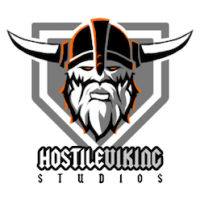Any tips or tricks for getting through the more boring parts of game programming or development?
You soldier through it.
There are a number of things you can do to avoid some of the pitfalls mentioned in this thread.
zero bug tolerance. build the game one piece at a time. complete each piece before moving on. design, code, debug, test, refactor if needed, cross it off the todo list. move it to the done list.
todo list driven production. everything goes on a prioritized todo list. your job is to grind though the list, closing issues.
keep project scope appropriate to team size and skills.
realistic time estimates. if you have't done this much, take a guess, then double it. If you think you might do it in 6 months, count on at least a year. the more you do estimates, then complete the work, the better you will get at making estimates. its a skill that seems to only be learn-able by experience.
know what to code (design), and how to code (implementation) BEFORE you touch a keyboard for code entry. By the time you start typing, you should already have the code worked out in your head, or on paper if sufficiently complex.
I have completed many games this way over the years including grand strategy games, racing games, tank sims, domino games, space fighter sims, strategy games, RPGs, starship sims, and arcade games.
Anything else you can do to alleviate boredom and maintain motivation levels will help as well. Short periods of high quality fun time seem to help break up the monotony of grinding through the todo list.
Its kind of like being in a long draw out war. morale of the team is very important if you are ever to reach your goal.










